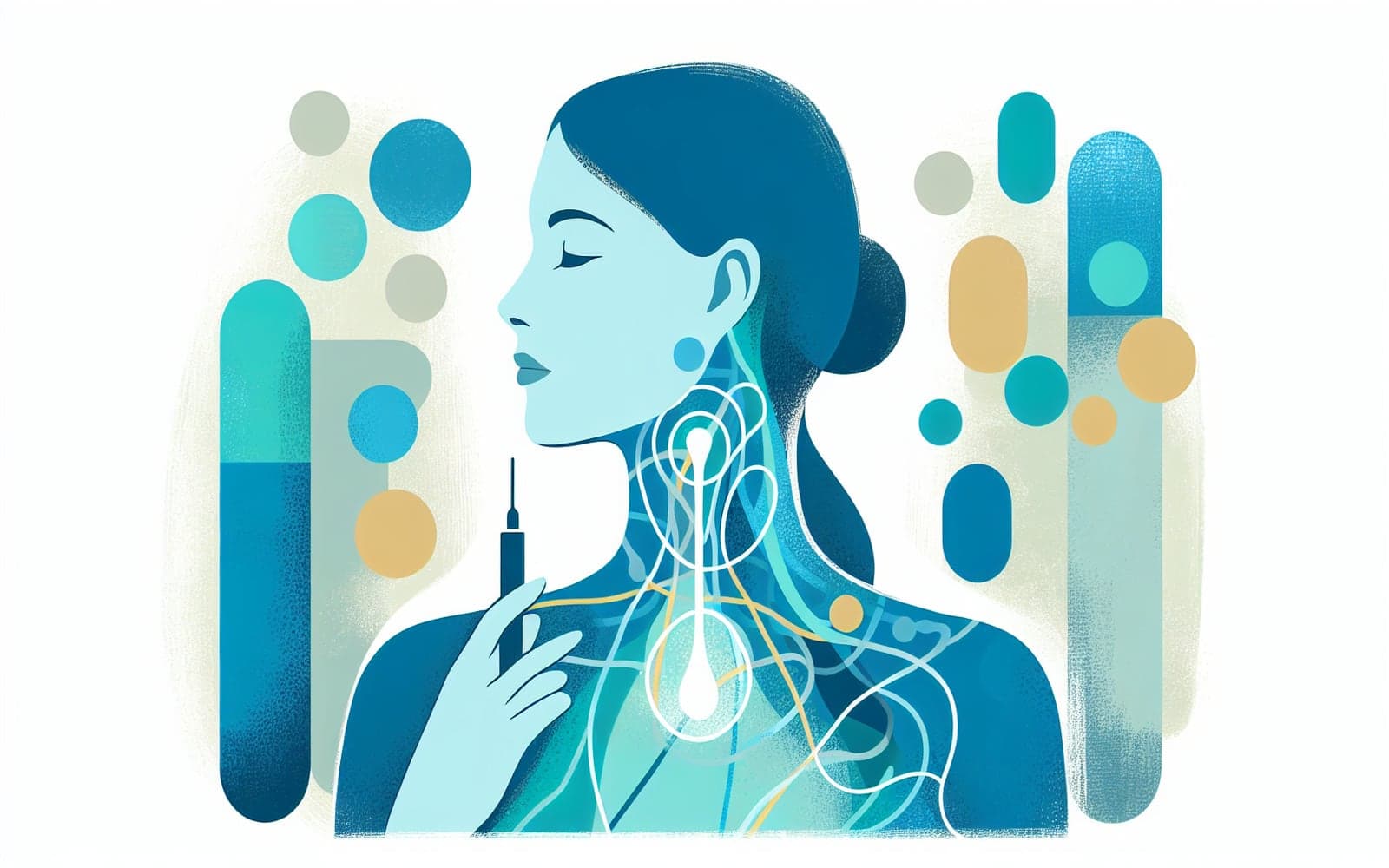TSH Testing: The Key to Unlocking Your Thyroid Health
Published: Apr 02, 2024
Thyroid-stimulating hormone (TSH) is crucial for assessing thyroid function. This simple blood test can reveal a wealth of information about your thyroid health.
Contents
What is TSH and How Does It Work?
TSH is produced by the pituitary gland and regulates thyroid hormone production. It has an inverse relationship with thyroid hormones - when thyroid hormone levels are low, TSH increases to stimulate more production, and vice versa. This sensitive feedback loop makes TSH an excellent indicator of overall thyroid function.
Understanding TSH Test Results
Normal TSH ranges can vary by age and other factors. Generally, a TSH between 0.4-4.5 mU/L is considered normal for adults. Higher levels may indicate hypothyroidism, while lower levels could suggest hyperthyroidism. However, interpreting results requires considering the full clinical picture.

When to Get TSH Tested
TSH testing is recommended for people with symptoms of thyroid dysfunction, those with risk factors like family history, and as a screening test in some cases. It's also used to monitor thyroid hormone replacement therapy. Your doctor can help determine if and when you need TSH testing.
Frequently Asked Questions
No, fasting is not typically necessary.
It varies, but annually for those on thyroid medication.
Yes, slight variations are normal throughout the day.
Yes, TSH tends to increase slightly with age.
Key Takeaways
TSH testing is a valuable tool for assessing thyroid function, but it's most effective when interpreted alongside other clinical information.
Curious about your thyroid health? Ask Doctronic about TSH testing and what your results might mean for you.Related Articles
References
Spencer CA, et al. Applications of a new chemiluminometric thyrotropin assay to subnormal measurement. J Clin Endocrinol Metab 1990; 70:453.
Baloch Z, et al. Laboratory medicine practice guidelines. Laboratory support for the diagnosis and monitoring of thyroid disease. Thyroid 2003; 13:3.
Always discuss health information with your healthcare provider.